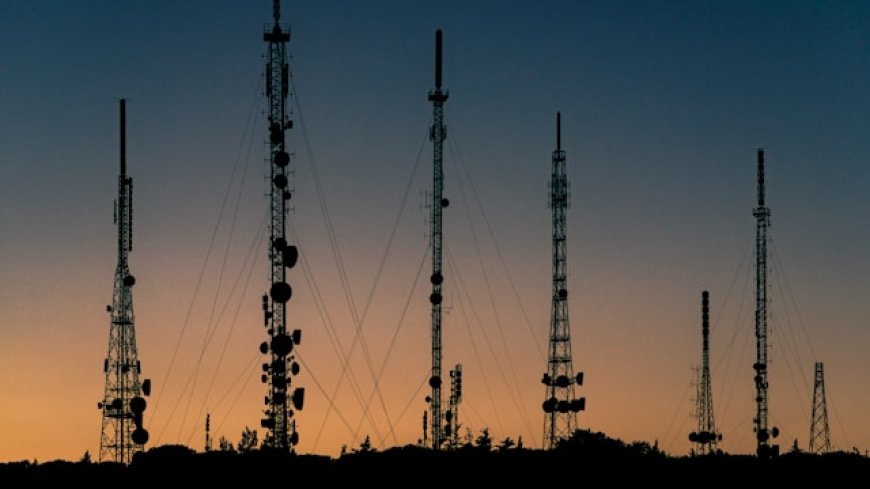North African nation ranks among top 7 in Africa for cybersecurity preparedness

North African nation ranks among top 7 in Africa for cybersecurity preparedness
As digital technologies rapidly evolve, cybersecurity has emerged as a critical concern for African nations. By 2025, cybercrime is projected to cost the global economy an estimated $10.5 billion, affecting governments, businesses, and individuals alike.
In response to these growing threats, several African countries have significantly strengthened their security frameworks.
According to the latest Global Cybersecurity Index (GCI) from the International Telecommunication Union (ITU), seven African nations rank among the 46 most prepared countries in the world.
Egypt and Mauritius stand out with perfect scores of 100 points, reflecting their robust cybersecurity infrastructures.
Egypt’s success can be attributed to the efforts of the National Computer Emergency Readiness Team (EG-CERT), operating under the National Telecommunications Regulatory Authority.
EG-CERT has implemented proactive measures to educate the public on cybersecurity risks and launched the National Cybersecurity Strategy for 2023-2027.
These initiatives have helped fortify the country’s defenses against rising cyber threats, positioning Egypt among the global leaders in cybersecurity readiness.
Across Africa, more nations are recognizing the importance of safeguarding critical infrastructure and sensitive data.
Regional collaborations have been initiated to share best practices, threat intelligence, and protective technologies.
The African Union’s Malabo Convention, adopted in 2014, remains a vital framework encouraging states to establish national cybersecurity strategies and enact specific laws aimed at strengthening cyber resilience.
Mauritius, another African leader in cybersecurity, has implemented strong policies overseen by the Information and Communication Technologies Authority (ICTA).
The country has also bolstered its international cooperation with other nations and private firms to enhance its capacity to respond to cyberattacks.
As African economies undergo digital transformation and the number of connected devices continues to surge, the importance of robust cybersecurity becomes increasingly apparent.
For governments and businesses, defending against cyber threats is crucial to ensuring economic growth, protecting infrastructure, and maintaining user trust.
Here are the top seven African countries most equipped for cybersecurity, along with their respective scores:
- Egypt (100 points)
- Mauritius (100 points)
- Ghana (99.27 points)
- Tanzania (99.26 points)
- Kenya (98.59 points)
- Rwanda (98.32 points)
- Morocco (97.50 points)
About The Author
dailymailafric
I am an avid African news observer, and an active member of Daily Mail Africa.
I’m Passionate about staying informed on diverse topics across the continent,
I actively contribute to publishing on political, economic and cultural developments in Africa.



